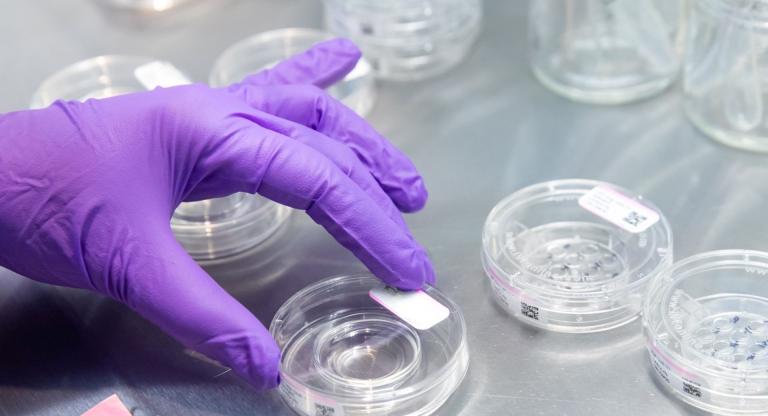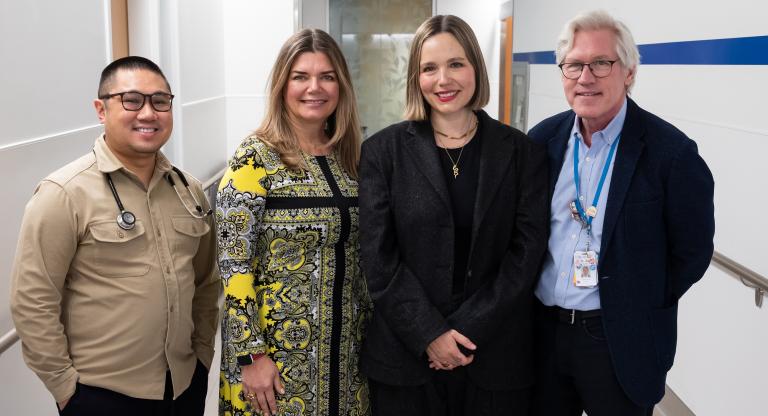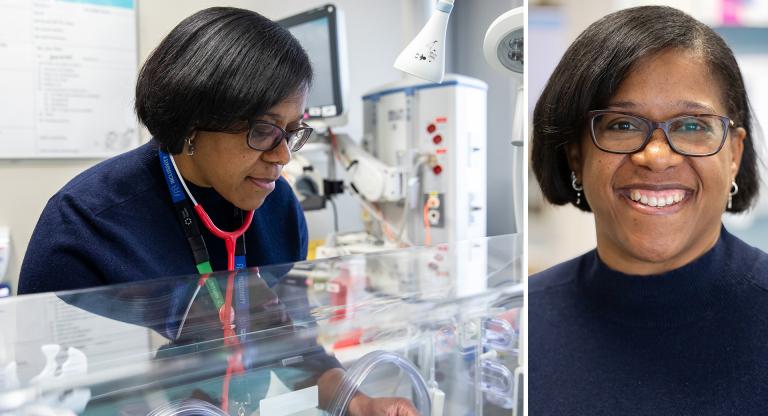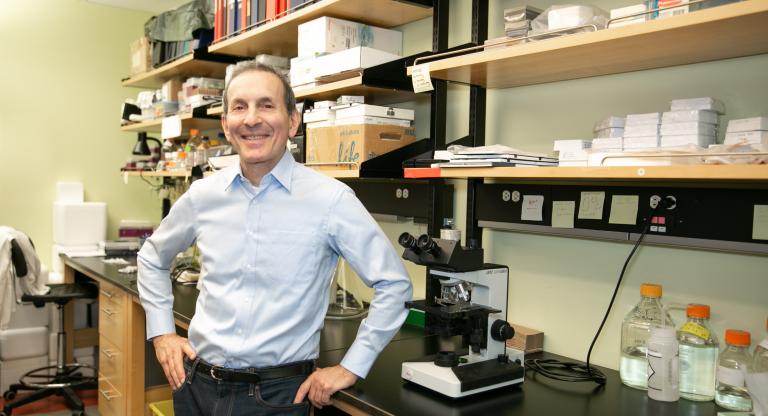Ask an expert: Answers to common COVID-19 questions for fall
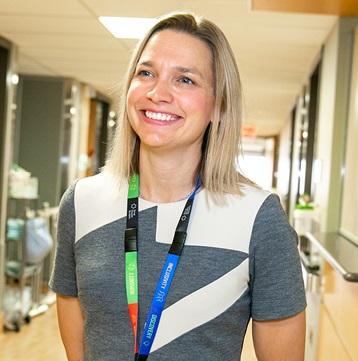
Public Health experts have warned that the COVID-19 pandemic is a marathon, not a sprint. Dr. Eilleen De Villa, Toronto’s Medical Officer of Health has said as a city, we need to find ways to live with the virus while we wait for vaccines and better treatments.
We asked Dr. Jennie Johnstone, Sinai Health’s Physician Lead for Infection Prevention and Control for her perspective on what it means to stay safe while going about our lives as children return to school and colder weather approaches.
Here are five questions and answers with Dr. Jennie Johnstone.
Question: What can we expect from a second wave?
Jennie Johnstone: Right now we know that there will be a second wave but we don’t yet know what that will look like. I think there are a few reasons to be hopeful about our ability to control the spread of infection. We’ve had a few months to learn more about the virus, its symptoms and how it spreads. We also have greater capacity for testing and contact tracing than we had back in March or April. All of these things help Public Health Units to respond when cases pop up in order to prevent further spread.
In addition, there is greater awareness about the things we can all do to protect ourselves and help stop the spread of infection. These simple behaviours are a major factor in how the second wave plays out. Wearing a mask in public places, cleaning our hands often, practicing physical distancing with people who aren’t part of our social circle, avoiding crowded places, and staying home if you feel ill may all seem like small things but when we all follow this guidance, it makes a huge impact on reducing the spread of COVID-19.
Q: How can we combat ‘pandemic fatigue’, where people stop following the public health recommendations because they’re tired or frustrated?
JJ: First, it’s important to recognize that changing our behaviours and adapting to this way of living is not easy. It’s normal to feel tired of being vigilant about cleaning our hands and wearing a mask or feel frustrated about big changes to the way we live, work and socialize, especially when we don’t yet have a clear path to getting back to the way things were before the pandemic. I think we’ve probably all felt this way to some extent.
I want people to know that these things they are doing are making a difference. We know we are making a difference because our numbers came down despite opening up the economy and loosening restrictions. However, going into the fall, we are going to face challenges, and it is essential we remain vigilant.
Some tips:
- Get into the habit of cleaning your hands more often by tying cleaning your hands to your regular activities such as getting home from work or school, getting in your car, before and after every meal, entering and leaving stores, public transit and other public places. Make sure you have hand sanitizer available.
- Stock up on non-medical masks that you find comfortable, fit well and are easy to wear. Get into a routine of washing your non-medical masks so that you have a fresh mask to wear every day.
- Find new ways of socializing. Try video conferencing, watching a movie with friends remotely or going for a socially distanced walk with friends.
- Explore new hobbies you can do on your own or with others in your household or hobbies you can do outside, physically distanced from others.
Q: What should parents consider ahead of back-to-school?
JJ: This school year is going to be different. Toronto Public Health has resources for parents to help navigate going back to school. It’s important to prepare children by teaching hand hygiene, how to wear a mask and talking with them about what to expect at school. Before returning to school, it may be helpful to practice wearing a mask in the home, particularly with younger children.
One of the bigger changes parents will need to anticipate is that it’s crucially important that children stay home from school if they have any cold or flu-like symptoms, even if they don’t have a fever. Use the school screening questions before you leave for school in the morning and make a plan on what to do if your child needs to stay home.
Q: Why is it important to get the flu shot this year in particular?
JJ: Influenza can have a big impact on the health care system because it can cause severe illness, especially in children under five, people who are pregnant, older adults and people who have chronic health conditions. During flu season, we often see an increase in visits to the Emergency Department and admissions to the hospital. This can put a strain on our health care system—and that’s even before you factor in COVID-19.
Influenza also presents a challenge in that it has similar symptoms to COVID-19. The only way to know for sure whether someone has COVID-19, influenza or another respiratory illness is by testing. If we have a bad flu season, many people with flu-like symptoms will need to visit COVID-19 Assessment Centres to be tested. This would put a greater burden on Assessment Centres and the laboratories that process all of the tests.
Getting the flu shot protects you and also helps protect others; the more people get the flu shot, the less opportunity for influenza to spread in our communities. This conserves health care resources for patients who have COVID-19 or any other conditions that require hospital care. It’s more important than ever that everyone get the flu shot this year to help stop the spread of influenza.
Q: What advice do you have for people who will want to socialize more indoors as the weather gets colder?
JJ: This fall and winter it’s going to be extremely important to continue to limit socializing and contact with others. This means keeping it to your 10-person social circle. It’s also important to avoid crowded public spaces as much as possible and continue wearing a mask in situations where physical distancing is difficult. I anticipate we will continue to find innovative, safe ways to socialize as we move into the colder weather. This may include spending more time outdoors than usual and embracing the colder weather!










